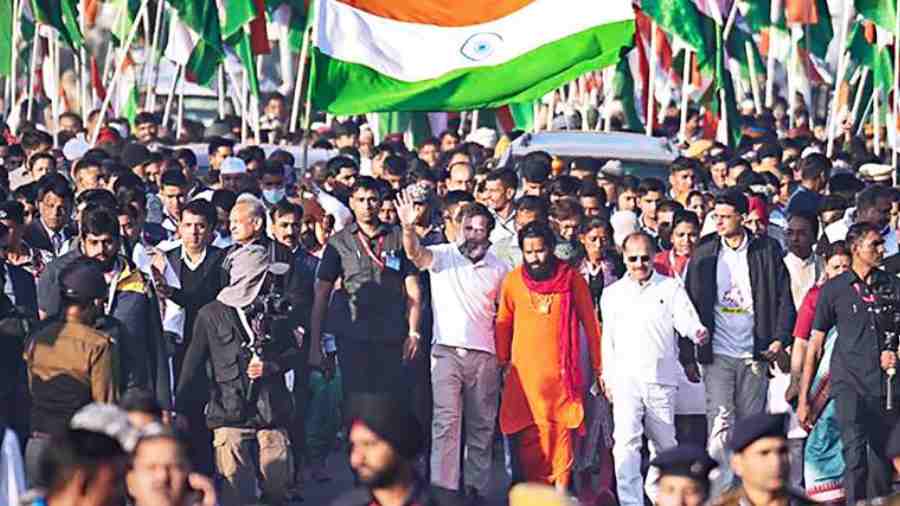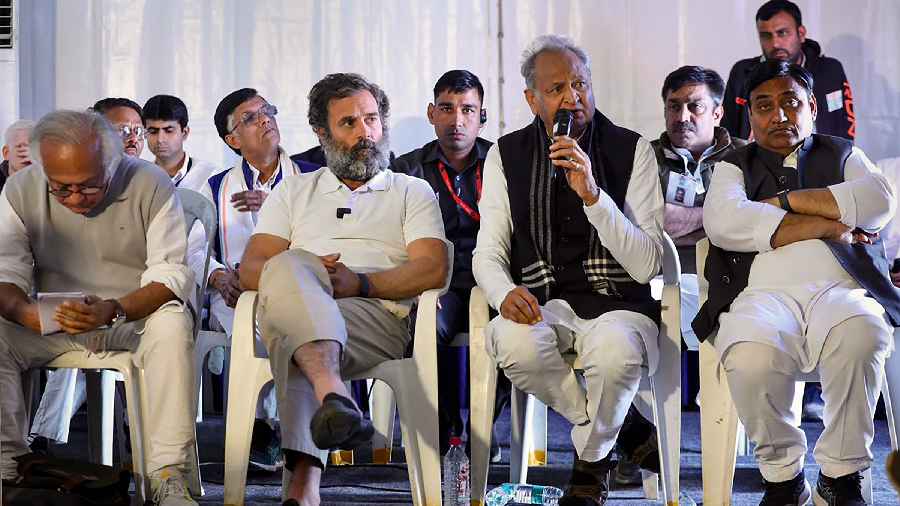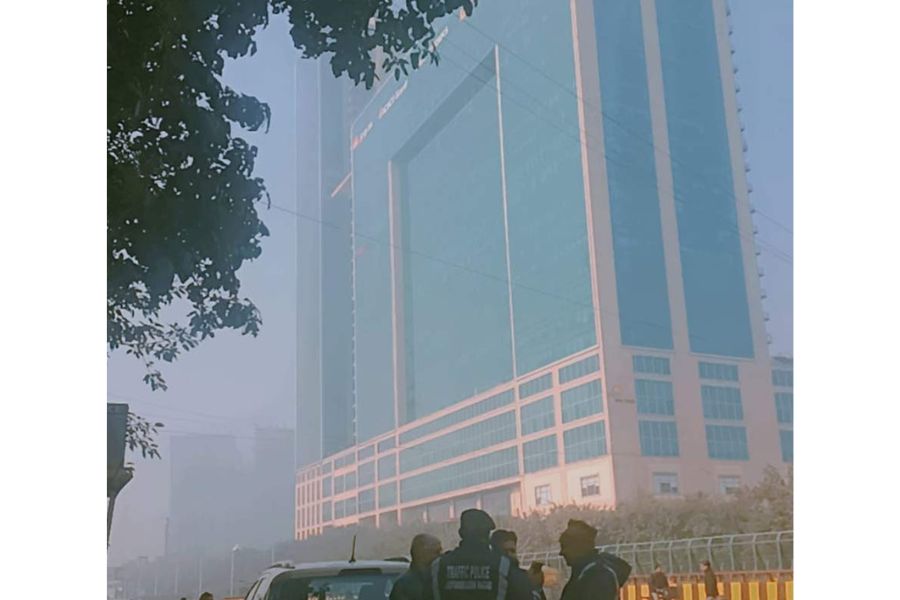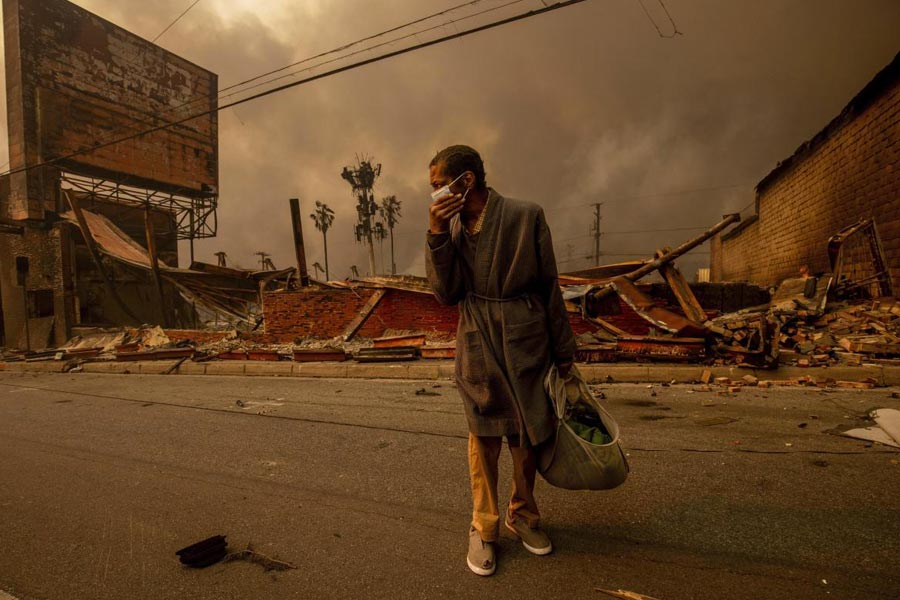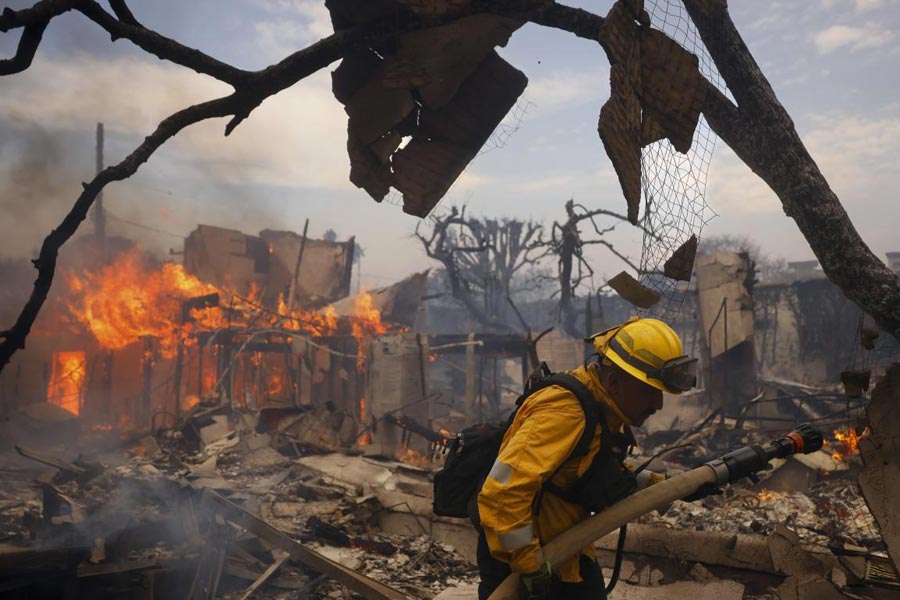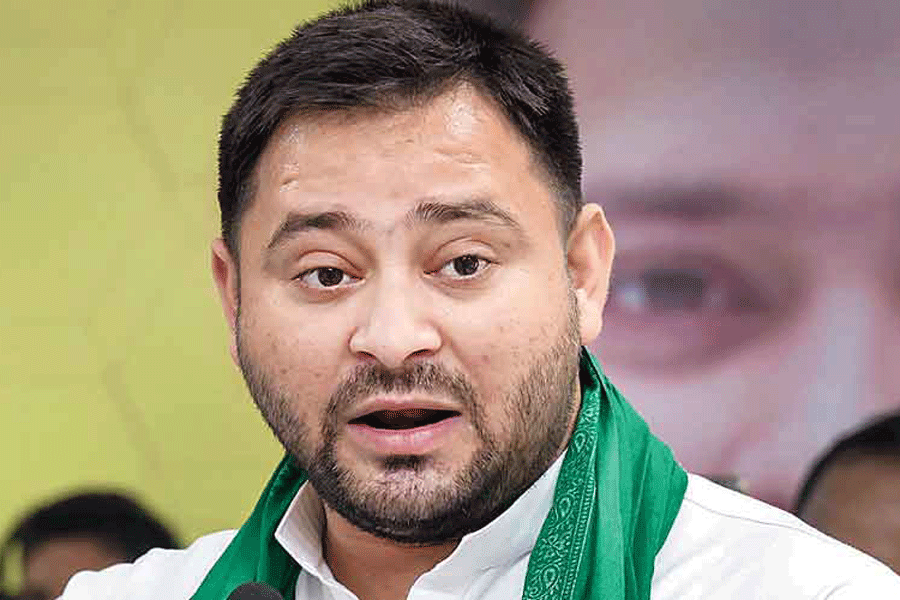Political scientists and large sections of intelligentsia always knew democracy cannot be conceived without secularism. Though atheists and rationalists would frown upon such a proposition, the reality is that religion is central to most human existence. Without the freedom to choose and practise your religion, democracy loses its essence.
Individual freedom doesn’t only mean freedom to vote. Apart from political structure, democracy also has cultural and spiritual aspects. The Constitution acknowledged this core principle and guaranteed equality and freedom in terms of religion, lifestyle, marriage, food and clothes.
But the Constitution can only create a secular state, not a secular society. If the state chooses to act in contravention of the constitutional scheme, why expect society to uphold the sacred principles of equality and justice?
Rahul Gandhi has now undertaken the Bharat Jodo Yatra, an exceptional campaign to secularise society and reinforce for the individual and the state that secularism is non-negotiable. It will be a national tragedy if the movement doesn’t succeed in convincing the people that preserving unity and diversity is our collective national responsibility.
Why has the need for the Bharat Jodo Yatra arisen? While many Indians have a dormant fear in their hearts about something going terribly wrong with India, the mainstream media’s inability and reluctance to explain the nature of the threat has allowed the destructive project to go largely unchallenged by the people.
Political parties like the Congress and the Left have, however, constantly flagged the concerns.
The most significant statement that validates this fear was made by Prime Minister Narendra Modi himself, declaring that secularism had become irrelevant in Indian politics. Addressing the post-victory public meeting at the BJP headquarters in Delhi in May 2019, Modi said: “Brothers and sisters, you would have seen that for 30 continuous years in the country especially, although the drama has been going on for years, it had become a fashion to do anything and wear a tag, which had become equal to taking a holy dip in the (river) Ganges. The name of that fake tag was ‘secularism’ and there used to be chants, ‘Seculars come together’. You would have seen that from 2014-19, that entire section has stopped talking. In this election, not even one political party had the guts to wear the mask of secularism to fool the country. They have been unmasked.”
This was ominous. Though the Prime Minister repeatedly mentioned democracy in his speech, he had contempt and rejection for secularism, challenging the unbreakable bonding between democracy and secularism. That a Prime Minister of India who would take oath in the name of the Constitution was celebrating the presumed demise of secularism should have alerted the nation and the world to the lurking peril.
It is true the Congress was wary of deploying secular rhetoric in electioneering in 2019, instead preferring to criticise divisive politics. But Rahul has demonstrated that there was no change in Congress philosophy and there was no compromise on the fundamental principles of equality and religious freedom. While he is no doubt using different metaphors to make his point, arguing that a family where brothers fight cannot flourish, the emphasis on peace, affection and social amity has re-established secularism as the core principle of a democratic set-up.
Rahul has been explaining through the Bharat Jodo Yatra that diversity and pluralism aren’t essentially about different religions and cultures. Every state, every region, every set of people reflects diversity and India is an assimilation of these rainbow colours.
The Yatra has reinforced that uniformity is an illiberal and undemocratic concept and that compelling every citizen to become a particular type of Hindu, as modelled by the RSS, is antithetical to the spirit of democracy.
When Rahul hugs everyone who comes his way — rich, poor, man, woman, Dalit, Muslim, Hindu, actor, activist, worker, sportsperson, disabled… — he is making a political statement of equality. His behaviour is a social illustration of constitutionalism.
Contrast this with what a section of the BJP is doing. If Narendra Modi presides over rituals at temples, some BJP leaders shamelessly deploy majoritarian narratives like 80-versus-20, Ali-Bajrangbali and boast of teaching a lesson to Muslims through horrific riots. Has any BJP leader ever expressed outrage at poisonous slogans like – Jab mulle kate jayenge, Ram-Ram chillayenge — often heard these days?
Helicopters are hired by district administration in Uttar Pradesh to shower flower petals on kanwariyas and shops selling mutton and fish are closed during Hindu festivals. There is a brazen competition among BJP leaders to present themselves as the custodians of the so-called Hindu interest.
This fusion of the political with the religious is a direct assault on secularism; it is a blunt negation of the principle of equality enshrined in the Constitution.
And then the RSS-BJP people ask what is broken, questioning the rationale behind Rahul Gandhi embarking on the mission to unite India. While most sensible people endorse the unique initiative, arguing that a political project to unify India couldn’t have been delayed, some eminent people have retorted with a valid question: “Should we wait for India to break finally or salvage the situation when signs of a crumbling system are clearly visible?”
What’s broken already will also be visible if you look around. Families are riven with strife like never before as individuals having faith in constitutional principles couldn’t develop the stomach to digest the vile bigotry. Differences weren’t merely political; the demonstrable desire to trample constitutional principles of equality and justice looked inhumane. The differences became so fundamental that those willing to support the agenda of subjugating Muslims and those committed to the constitutional culture burned their personal and social bridges. Yes, the society, bruised and broken, is evident everywhere.
What is broken is the trust people had in the rule of law. Institutional decay deepened the fears. The central agencies hounded critics and political rivals of the rulers. Bulldozers rolled out to flatten the due process; young and old activists have been arrested. What else broke is the democratic firmament; dissent was maligned as rebellion and sycophancy painted as virtue. In these times of disquiet, the Bharat Jodo Yatra is truly a rebellious act that the RSS-BJP is unable to stomach.

